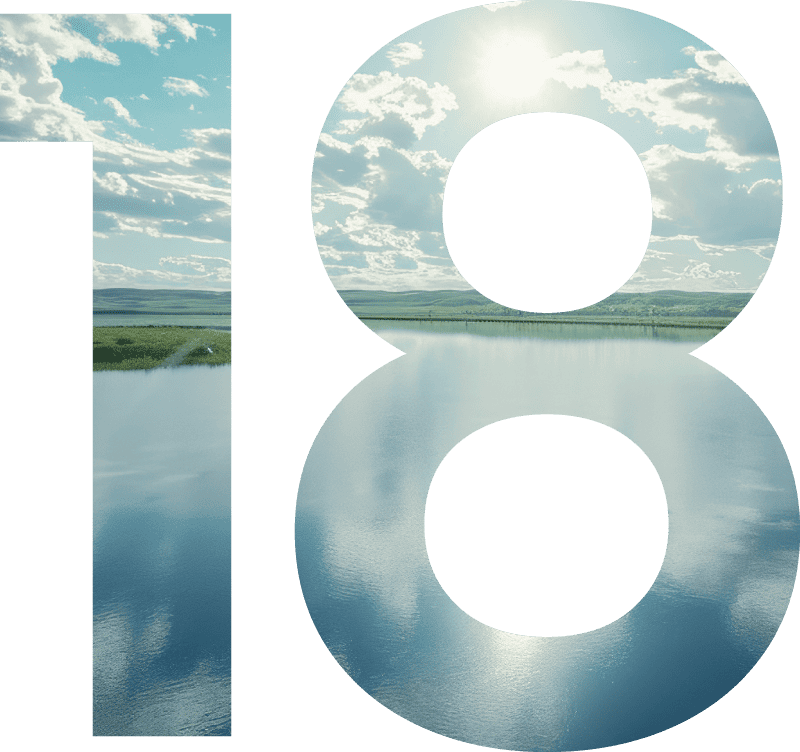
Super is your savings for your future, and there are some rules around when you can access it. Generally, you need to wait until retirement, but sometimes (if you really need it) you can access it sooner.
When and how can you access your super?
There are some circumstances under which people can access some or all of their super before retirement age; however, there are government regulations and rules for all this.
In short, there are two benefit types: preserved and non-preserved. The kind of benefit will determine when and how you can access your super.
Preserved benefits
Generally, superannuation contributions can only be taken out in cash once you meet a condition of release. This is known as preservation. Certain benefits must be preserved (that is, kept) in a super fund like Vision Super under government regulations.
A preserved benefit belongs to you, but you can’t receive it in cash unless you satisfy one of the conditions. These are called ‘conditions of release’, and since superannuation benefits are designed to be preserved for your retirement, you won’t be able to access your super until you meet one of these conditions.
There are a number of ways that you can legally access your superannuation under Australian law – these are called conditions of release. Conditions of release include:
- You have reached age 65*
- On or after reaching age 60*, you have stopped working for an employer that has contributed to the fund for you
- You have retired permanently from paid work and have reached your preservation age* (see the table below)
- You become totally and permanently incapacitated (as defined in the legislation)
- You have a preserved benefit of less than $200*, and you stop working or are an eligible temporary resident departing permanently from Australia
- You have a terminal medical condition (as defined in the legislation)
- You can demonstrate financial hardship on application to the Trustee*
- You can apply to the ATO for a compassionate grounds release. More information here.
- You’re accessing the First Home Super Saver scheme.
*These conditions of release are not available to you if you are a temporary resident unless you hold or held a sub-class visa 405 or 410.
Non-preserved benefits
As the name suggests, non-preserved benefits are any benefits that don’t need to be ‘preserved’ through the rules above. There are two kinds:
1. Unrestricted non-preserved benefits
Unrestricted non-preserved benefits are the most common type of non-preserved benefits. After you meet a condition of release (and you inform your superannuation fund), your superannuation money becomes ‘unrestricted non-preserved’. This means that you have full access to your money within superannuation at any point, and when you are over the age of 60, that money is tax free.
Some eligible termination benefits received before 1 July 2004 are also unrestricted non-preserved benefits.
2. Restricted non-preserved benefits
Restricted non-preserved benefits may be paid in cash when you leave a job and your employer contributed to your superannuation (including any restricted non-preserved transferred amounts).
Restricted non-preserved benefits include any employment-related contributions you made before 1 July 1999, excluding employer contributions.
If you have restricted non-preserved benefits, you can’t access them until you’re no longer in the job or with the employer they relate to.
Preservation age
Under transition to retirement rules, you may be able to access your preserved benefits via a pension (subject to some important restrictions) once you have reached your preservation age, even if you are still working.
Your preservation age is between 55 and 60, depending on when you were born. Once you’ve reached your preservation age and you retire from the workforce, you can access your super in cash without the limitations applicable to transition to retirement pensions.
Find your preservation age in the table below.
Information on preservation age based on your date of birth can be accessed at ato.gov.au.
Is withdrawing from your super right for you right now?
Before you take money out of your super, consider whether it’s right for you now.
If you access your super before you turn 60, you may have to pay tax on any payments you receive, regardless of the payment type you get (a lump sum or a pension). The amount of tax you’ll have to pay depends on whether your payment contains a taxable component, a tax-free component, or a combination of both.
| Date of Birth | Preservation age |
|---|---|
| Before July 1960 | 55 years |
| Between 1 July 1960 and 30 June 1961 | 56 years |
| Between 1 July 1961 and 30 June 1962 | 57 years |
| Between 1 July 1962 and 30 June 1963 | 58 years |
| Between 1 July 1963 and 30 June 1964 | 59 years |
| From 1 July 1964 | 60 years |
Need advice?
Make an appointment with a Vision Super Financial Planner who will provide information and advice about your super or pension.
Bookings can be made by calling 1300 300 820. Depending on the advice, fees may apply.
*This information is general advice which does not take into account your personal financial objectives, situation or needs. Before making a decision about Vision Super, you should think about your financial requirements and consider the relevant Product Disclosure Statement and Target Market Determination. Issued by Vision Super Pty Ltd ABN 50 082 924 561 AFSL 225054.


